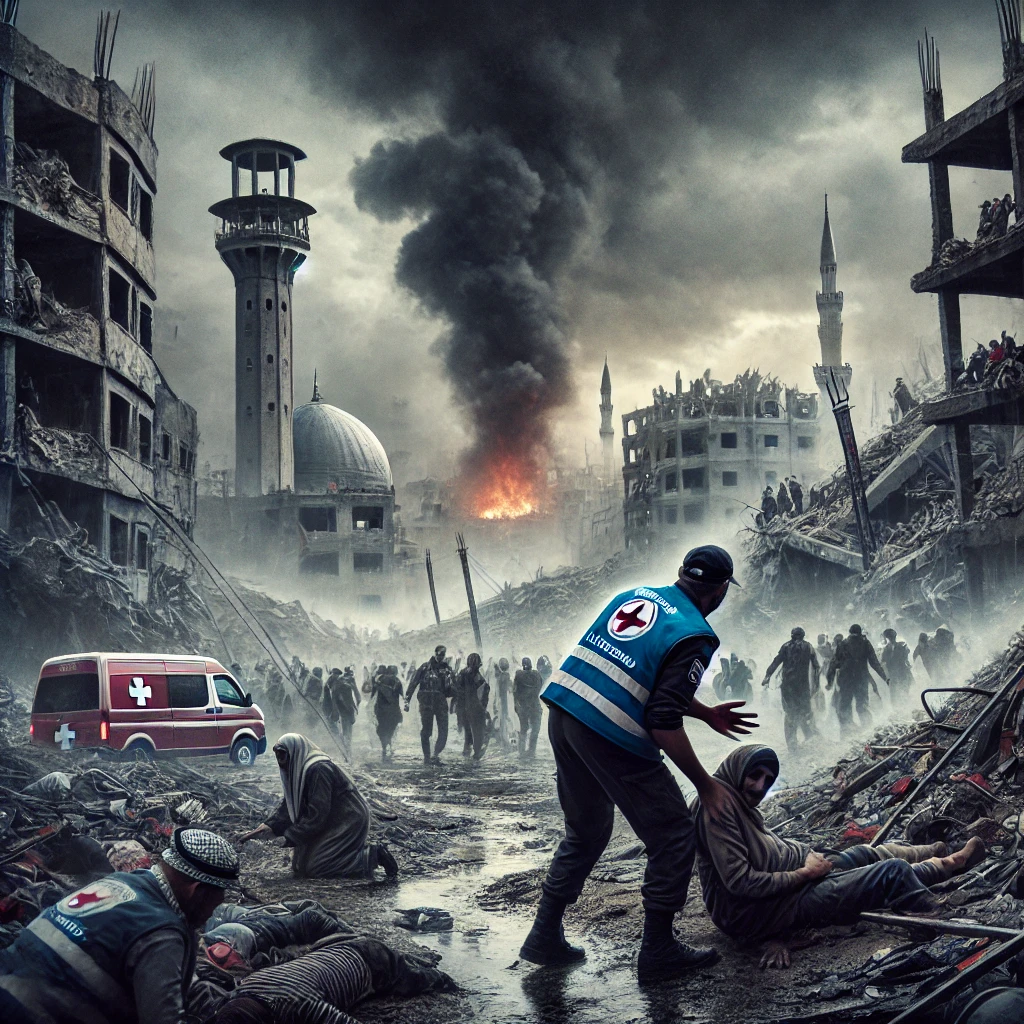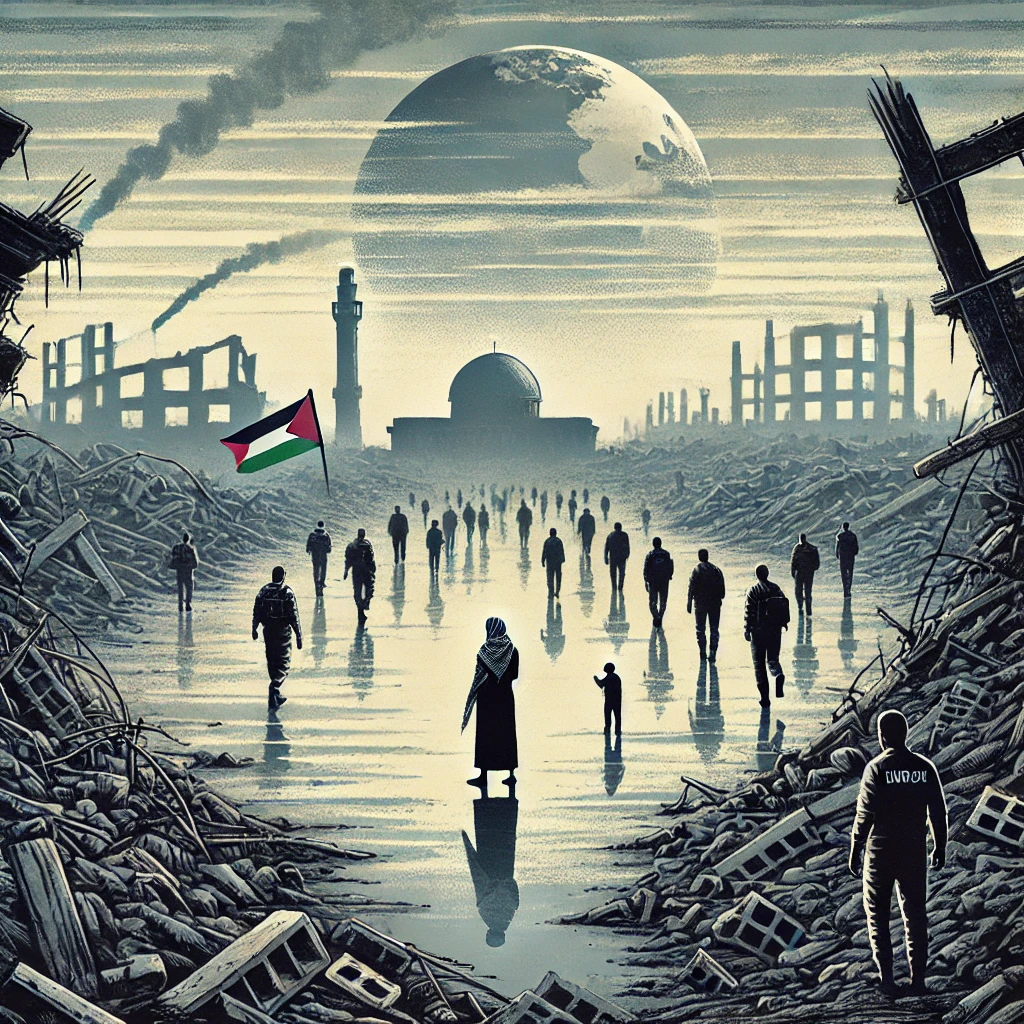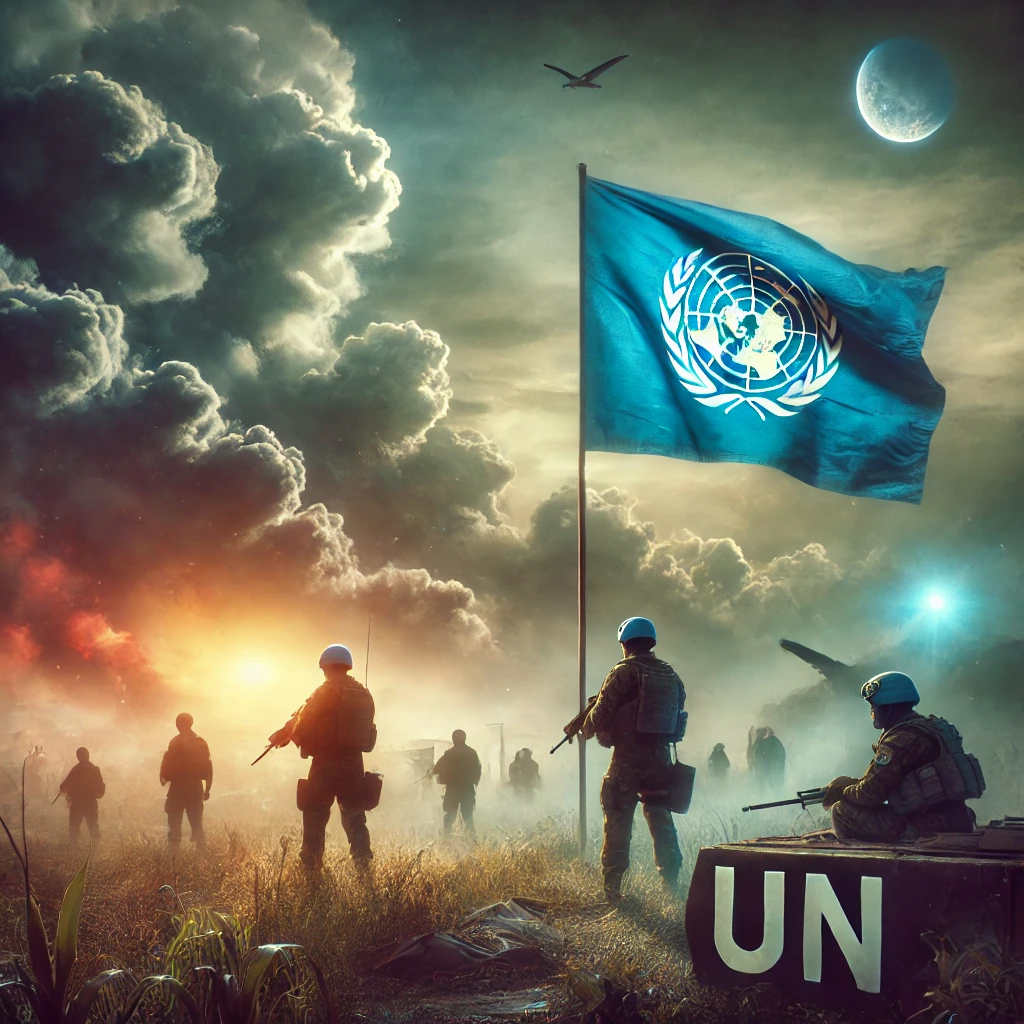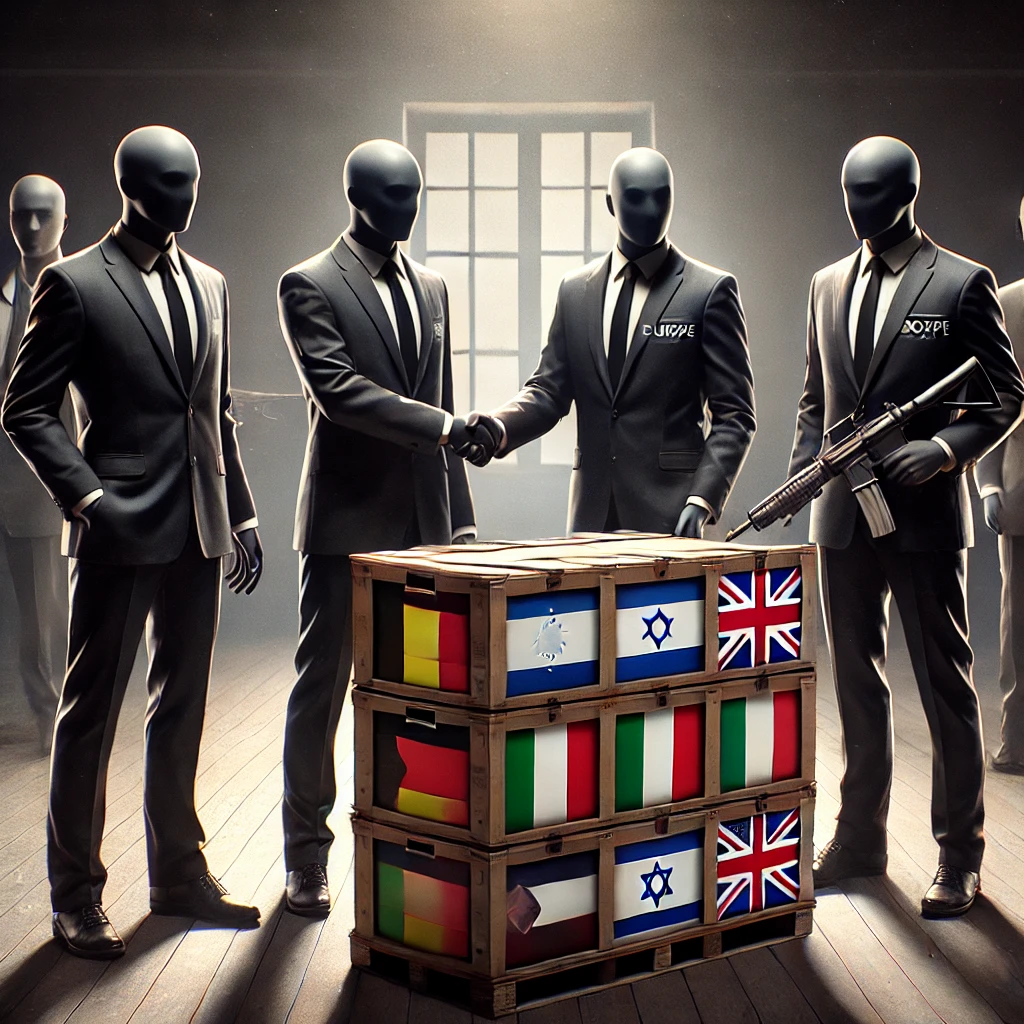The ongoing conflict between Israel and Hamas has escalated into a new, more severe phase. What initially seemed like a shift in attention towards Lebanon and the threat from Hezbollah has once again focused on Gaza, as the Israeli military has tightened its siege on northern regions. With humanitarian aid blocked and residents cut off from essential supplies, concerns grow that Israel may be implementing a harsh “surrender or starve” strategy.
Intensified Siege on Gaza’s Northern Region
In the past months, the Israel Defense Forces (IDF) have significantly intensified their operations in northern Gaza, focusing on areas like the Jabalya refugee camp, Beit Lahya, and Beit Hanoun. Reports from humanitarian workers paint a dire picture, with thousands of civilians, including staff members from organisations like Doctors Without Borders, trapped inside the camp. The IDF has encircled the area, cutting off access to food, water, and medical supplies, with those attempting to flee facing violent repercussions. The siege, according to IDF statements, will continue “as long as required to achieve its objectives.”
The restrictions on aid have raised serious questions about Israel’s tactics. The United Nations (UN) and humanitarian organisations have expressed concern that the blockade could result in mass starvation. No food trucks have been allowed into the region since the beginning of October, and hospitals in northern Gaza have been ordered to evacuate patients, including those in critical care.
Humanitarian Crisis and Allegations of War Crimes
The United Nations has issued stark warnings about the potential for a humanitarian catastrophe in northern Gaza, as vital lifelines to food and medical supplies have been severed. Overwhelmed hospitals have been forced to discharge patients, and the healthcare infrastructure has been decimated. A recent UN report highlighted what appears to be a “deliberate policy” by Israel to cripple Gaza’s health system as part of its war effort against Hamas.
The notion that Israel is engaging in a “surrender or starve” strategy has also been tied to the “Generals’ plan,” a controversial proposal endorsed by some in the Israeli military establishment. The plan calls for the evacuation of all civilians in northern Gaza to the south, with those remaining treated as Hamas operatives or military targets. This has led to accusations of war crimes, particularly given that those left behind face near-certain starvation.
Strategic Goals and Military Intentions
Despite the mounting criticism, some Israeli officials have defended the blockade as a necessary step to dismantle Hamas’ military infrastructure. Michael Milshtein, a former Israeli intelligence official, expressed doubts about Israel’s strategic goals, stating that unless northern Gaza residents evacuate, “they will starve to death.” However, the reality on the ground is that many civilians are unwilling to leave their homes, given that there is no truly safe place within Gaza.
The Israeli military’s siege, alongside the heavy bombardments, appears to be part of a broader plan to exert unbearable pressure on Hamas. Maj. Gen. (ret.) Giora Eiland, a prominent advocate of this approach, has stated that northern Gaza should become a “military zone” where those left behind have two choices: surrender or starve.
Rising International Criticism
International reaction to these developments has been swift. Irish Foreign Minister Micheál Martin described Israel’s actions as the “mass expulsion” of Palestinians, a violation of international law. He emphasised that northern Gaza’s population is effectively being forced into a corner, with no clear path to safety. Western leaders have echoed these concerns, worried about the long-term implications of such policies on regional stability and human rights.
Conclusion: A Strategy with Severe Human Costs
As Israel’s siege of northern Gaza continues, the global community is watching with growing unease. The alleged implementation of a “surrender or starve” policy raises profound ethical questions and risks further exacerbating the humanitarian disaster in Gaza. Whether this is a deliberate strategy or an unfortunate consequence of the military campaign, the human cost is undeniable. With no clear resolution in sight, the international call for a ceasefire and humanitarian aid access becomes ever more urgent.






